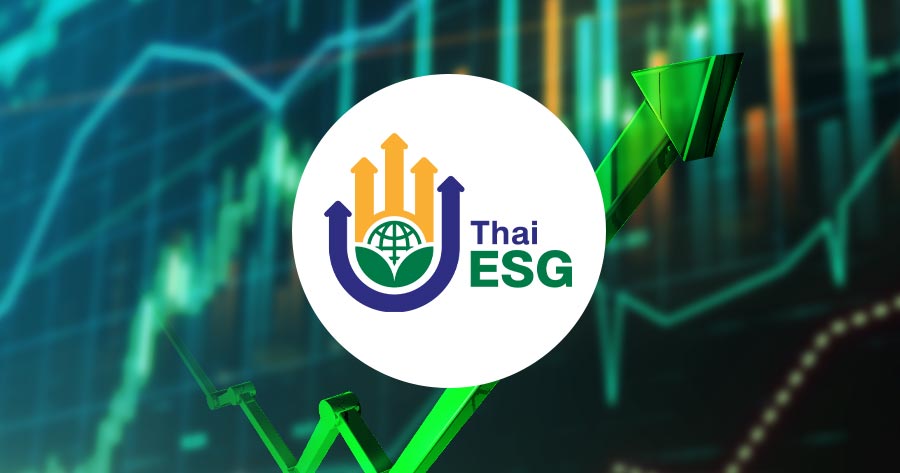In a strategic move to sustain investor interest and stability in Thailand’s stock market, the Ministry of Finance is poised to unveil the Thai ESG 2 fund. This new initiative is set to replace the soon-to-expire Long Term Equity Fund (LTF), which has a significant market valuation nearing 240 billion baht. With 60 billion baht already liquidated, the remaining 180 billion baht’s potential divestment raises concerns among policymakers about potential market disruptions.
The ministry’s apprehensions are rooted in the possible market volatility that could ensue should LTF investors initiate a massive sell-off. The Thai ESG 2, alongside the existing ESG 1, seeks to offer a seamless transition for investors, encouraging continued participation in local equities.
Final details concerning the Thai ESG 2 fund, specifically its investment structure and associated tax incentives, are currently in development and anticipated to be finalized within a month or by the first quarter of this year. Ministers are deliberating on whether the fund will be constituted fully of equity investments. A critical component under discussion is extending tax benefits to match former LTF advantages, potentially raising caps from 300,000 baht to 500,000 baht—providing an enticing draw for investors.
Analysts express optimism regarding the introduction of Thai ESG 2. It is expected to ease the pressure to offload existing LTF positions, with the fund anticipated to stimulate fresh capital inflows, thus buoying investor sentiment. By maintaining an average cost basis for LTFs around the 1,620-1,640 point range, investors may be incentivized to uphold their holdings, aligning with long-term recovery prospects.
In the current undervalued landscape of the Thai stock market, characterized by low price-to-earnings ratios and attractive dividend yields, strategists identify robust investment opportunities. Companies exhibit deep value propositions, with ESG-compliant firms underscored for their high ratings and ethical governance.
Moreover, regulatory adjustments are underway to arm the Securities and Exchange Commission (SEC) with enhanced powers, enabling them to enforce governance standards across listed companies. The Thai market struggles with sluggish economic growth and lacks long-term investment funds—a trend persisting since 2019. The introduction of Thai ESG 2 is seen as a pivotal step towards revitalizing investor engagement and fortifying market performance.





